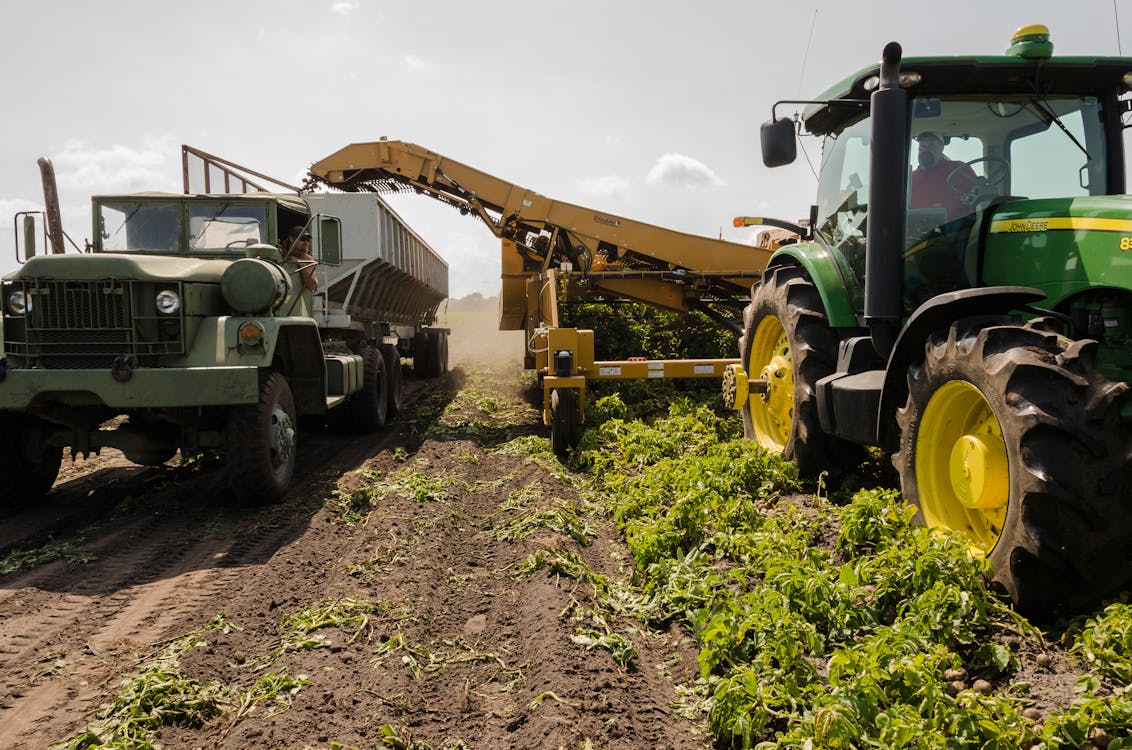Sustainable agriculture is revolutionizing the way we produce food by prioritizing environmental stewardship, social equity, and economic viability. Through practices such as organic farming, permaculture, and hydroponics, farmers minimize the use of synthetic inputs, conserve natural resources, and promote biodiversity. These methods not only reduce the environmental footprint of agriculture but also enhance soil health and resilience to climate change. By prioritizing regenerative practices, sustainable agriculture ensures the long-term viability of food production while mitigating the negative impacts of conventional farming, such as soil degradation, water pollution, and greenhouse gas emissions. Embracing sustainable agriculture is crucial for achieving global food security and addressing pressing environmental challenges, making it an essential topic for policymakers, farmers, and consumers alike.

